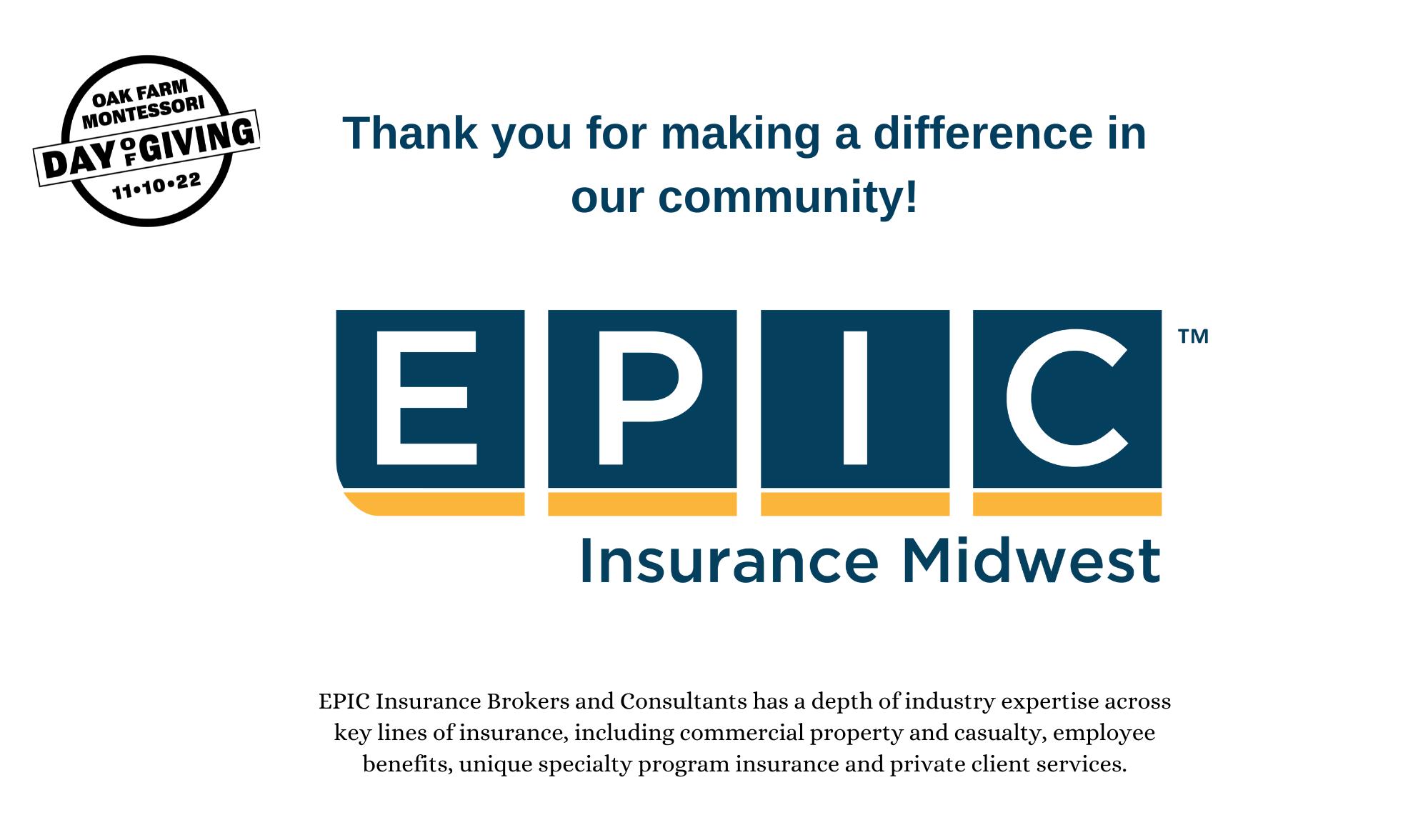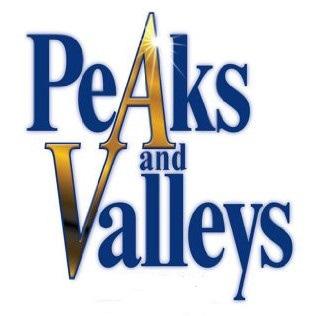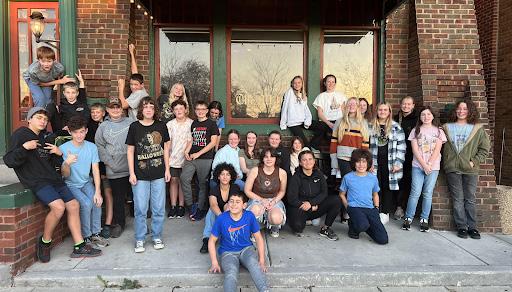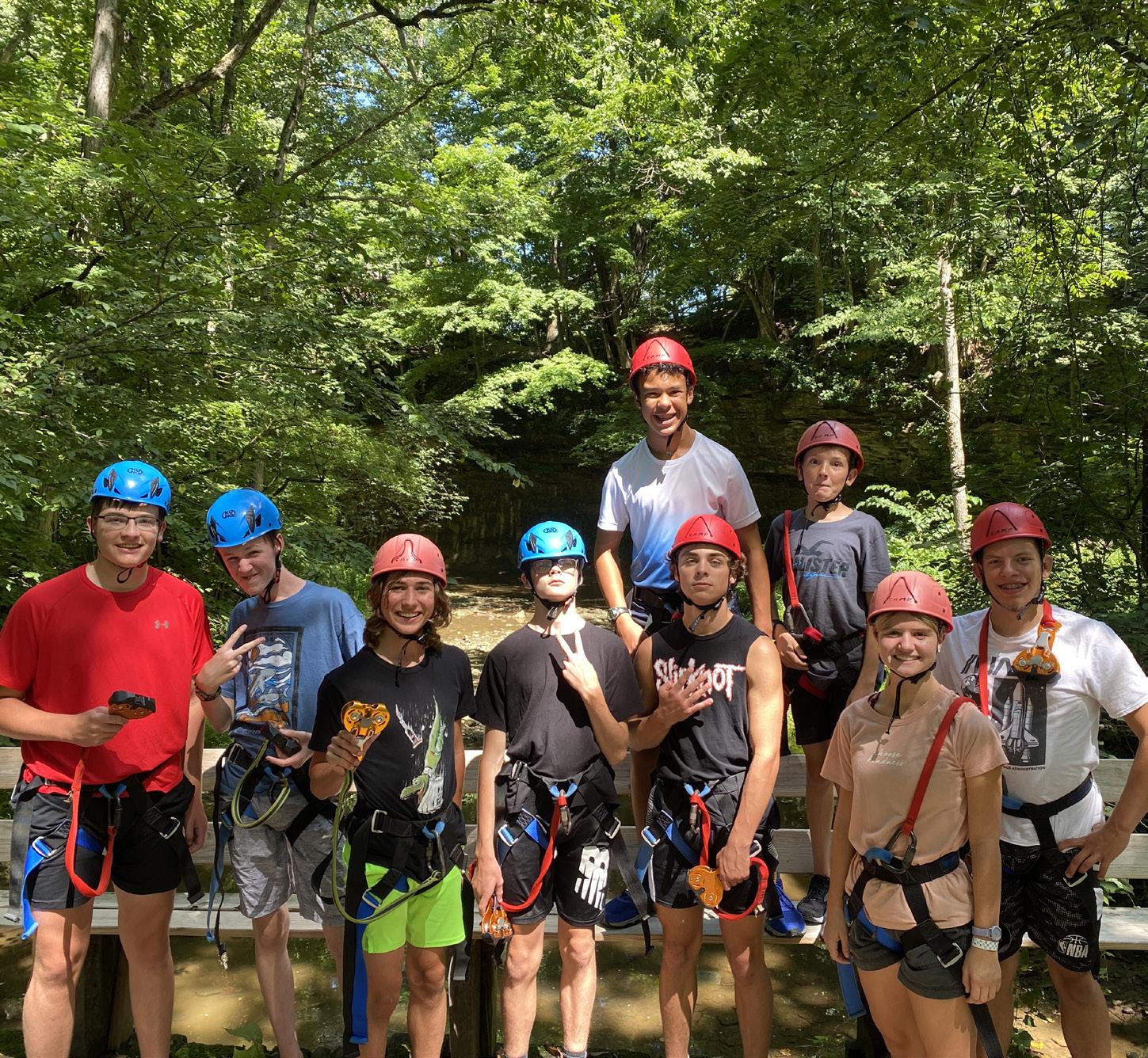
4 minute read
Intellectual Independence
Elizabeth Danielson, Upper Elementary 3 Teacher
Are you noticing changes in your upper elementary child? Are they becoming more independent? More curious? Asking questions about how and why? The wheels are turning for them as they become abstract thinkers and start to develop the ability to reason. The second plane of development, childhood (ages 6-12), is often known for intellectual independence. As teachers, we carefully prepare our environments and curriculum with all of these developmental characteristics in mind.
During the second plane of development, students really start to notice the world around them and question their role. An important part of the upper elementary curriculum is phenology. This may not be a term that you are familiar with, but I am certain that an upper elementary student could fill you in on the definition. Phenology is the study of recurring plant and animal life cycle stages and their timing and relationships with climate and other abiotic factors. This amazing process is happening right before our eyes every day! Our students get to experience it first hand through weekly observations on our beautiful campus.
Upper elementary students have studied phenology for years, but we have recently partnered with a program called Indiana Schoolyard Phenology. Students are assigned a specific Indiana plant species that they observe over the course of many months. Working with a small group, they record observations and then enter their data into a database called, Nature’s Notebook. The students’ observations then become part of the National Phenology Database and their data is studied by scientists all over the world! Wow! This experience helps them develop a deeper understanding and appreciation of the world around them. As teachers, we strive to provide opportunities to engage their natural curiosity. That is when some of the best learning happens!

Maria Montessori had a goal for education to be a complete development of the human being; while learning to be oriented to the environment, and adapted to the time, place, and culture. This is work that is being done throughout all the planes of development. When creating the planes of development, Montessori purposely pointed out that human development is not linear. Thus, she created the planes of development and geared Montessori education around the many peaks and valleys of human development. It is important for us, as educators, to understand that there are periods of rebirth in each plane. Especially, during the third plane of development, the adolescent years. Maria Montessori stated, “The adolescent must never be treated as a child, for that is a stage of life that he has surpassed. It is better to treat an adolescent as if he had greater value than he actually shows than as if he had less and let him feel that his merits and self-respect are disregarded. ”

The third plane of development is a time of rapid growth and change. At Oak Farm Montessori Middle School, we encounter students as they are entering the third plane of development; which Maria Montessori described as early adolescence. Early adolescence is between 12 and 14 years of age. During this time, adolescents experience sensitive periods such as social justice, personal dignity, and belonging. Students are learning how to respect differences, encourage inclusion, and dive deeper into their cosmic tasks. Early on in their adolescent years, these young adults begin striving for economic independence. At OFMMS, students run their own micro-economy. Through their micro-economy, students are able to increase their financial literacy skills by learning how to budget their money, create spreadsheets, give philanthropically, use resources from our farm and run a business. These are skills they will continue to grow as they move through the third and fourth planes of development.

As a teacher of students who are entering into early adolescence, we must be mindful of the rapid change and growth these young adults are experiencing. They are becoming abstract thinkers and wrestling with big ideas and questions. They are also becoming more abstract thinkers with academic integration, especially in Math, as they are moving from hands-on materials to abstract concepts. Through this, we notice advancement in their reasoning skills, especially during socratic seminars and Humanities debates. We must also be aware of their fragile emotional state and many physical changes that they are experiencing. We recognize the importance for social interaction as well as their desire to fit in with their peers. We also recognize the importance of silence and solitude. Throughout our school day we provide opportunities for students to interact with peers; through Erdkinder, group work, free time, and lunch, while also providing opportunities for silence and solitude through individual work time, flow time and solo time. Throughout our school year we provide social interactions through our trips, outreach, and events. Making memories while also discovering our role in society, and how we can contribute to the environment, is part of our big work at the middle school.
When our young adults leave middle school and soar to Oak Farm Montessori High School, they have experienced their rebirth and are on the way to achieve great things and live up to Maria Montessori’s goal of being prepared for all aspects of their life.


Maria Montessori said, ”The greatest gifts we can give our children are the roots of responsibility and the wings of independence.” The third plane is a time when adolescents experience tremendous growth–both physically and neurologically. It is a time for career exploration, social awareness, and expanded creativity. This is the time when we get to witness both the roots and the wings in action beyond the walls of the classroom. It could be argued that being a teacher of Montessori students in the third plane is actually a gift to the teacher as well.
Pathways
Foundational to the curriculum at Oak Farm Montessori High School is our work in Pathways–which is the entrepreneurial part of the high school student’s curriculum. Students have the choice of doing land management work, farm work, graphic design work in the InnoLab, bicycle building and repair work, or coffee shop work. The high school faculty works hard to offer thoughtful learning environments attuned to the needs of the adolescent, rigorous curriculum which fosters inquiry and autonomy, and opportunities where the adolescent can be creative and think critically about the world around them as they engage in the Pathways work.
Practical Life
Practical life looks a bit different at the third plane than it did in the first and second planes. By definition, practical life is a









